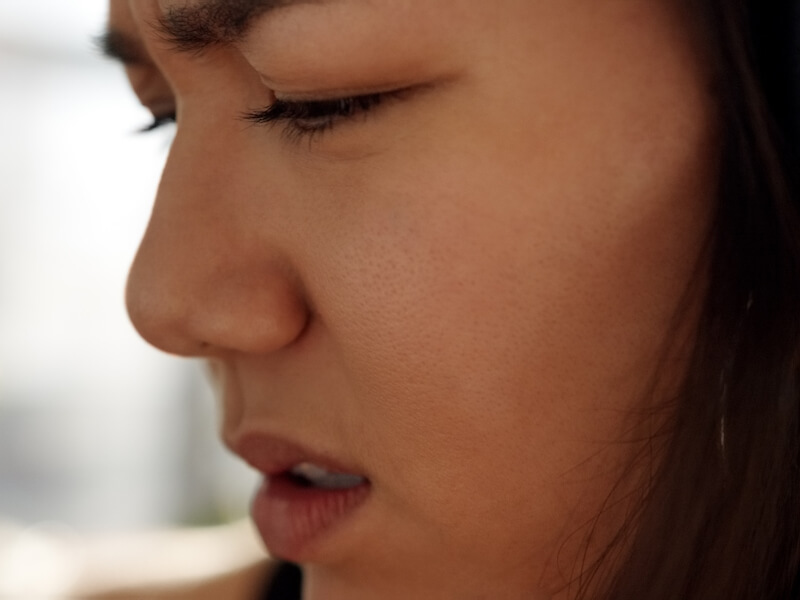
It’s well known that stress, particularly for prolonged amounts of time, can be very hazardous for your body. When you are dealing with chronic stress, everything from severe muscle aches to headaches can be the outcome. But did you recognize stress can also trigger tinnitus, a ringing, buzzing, or clicking in the ears?
Tinnitus can be triggered by various different health factors, including stress, sinus infections, or loud noises. Let’s take a look at some potential factors.
Unhealthy Stress – How to Identify it
You may be wondering how stress contributes to tinnitus. We typically don’t think about the negative impact stress can have on our bodies or how it can result in frustrating, painful, or even serious medical conditions. Stress is not something you should neglect.
Healthy Stress
Stress that lasts a few minutes, or even a few hours, can actually play an important role in getting necessary tasks completed. Stress can supply a boost of energy and adrenalin to accomplish tasks and projects that really need to be finished.
But temporary, healthy stress and long term, harmful stress are two very different things. The ability to complete goals can be helped by healthy stress while unhealthy stress can physically harm you.
Unhealthy Stress
Normally, an irrational fear is the source of unhealthy stress. Unhealthy stress is generated when an individual stays in a heightened state of anxiety for a long period of time.
Unhealthy stress is associates with our “fight or flight” response, a natural reaction that helps keep us safe in dangerous conditions. Harmful physical symptoms occur when someone stays in a hyper-stressful situation for extended periods.
Worrying
Unhealthy stress is frequently the result of worrying. We may exaggerate the significance of a situation or a relationship with other people. We might convince ourselves we wrecked a chance at a promotion because of something we said. Excessive worrying can cause invasive, seemingly uncontrollable thoughts.
Unhealthy Stress And Intrusive Thoughts
We might worry about what we failed to get completed today and worry over what we need to get done tomorrow. We may obsess, lecture ourselves, or even panic. If we don’t take a few positive steps to deal with this stress it will continue to wear down our body.
Usually, unhealthy stress affects the upper part of the body by producing muscle tension and pain. Impacted areas could include the head, neck, jaw, or shoulders.
Jaw Tension And Anger
Have you ever read a book where the author talks about a character as being so angry his jaw clenched in rage? Stress, worry, anger, and intrusive thoughts often come with jaw strain.
Pressure can be put on the fragile bones of the inner ear and eardrum by sustained tension. Ringing in the ears can be the consequence.
Sinus Infections And Ear Strain
From sore throats to stuffy noses, sinus infections produce lots of unwelcome symptoms.
Headaches, sinus pressure, and pressure in the ears are common symptoms of a sinus infection. These problems can lead to buzzing, clicking, or ringing in the ears.
A stuffy nose frequently spreads to the ears during a sinus infection. Clogging in the ears and extreme pressure on the eardrum will develop because of the accumulated earwax this creates. Pressure on the tiny bones of the inner ear can trigger tinnitus symptoms.
If the ringing is brought on by a sinus infection it will most likely clear up by itself and you won’t have to see a hearing professional. If the ringing continues for more than a few days, however, you should make an appointment with a hearing professional.
Extended Exposure to Loud Noises
The intermittent music performance probably won’t cause long-term ear-ringing. If you repeatedly expose your ears to very loud sounds, however, you could be putting stress on the tender parts of your ears.
When you expose your ears to loud noises on a regular basis, your eardrums and the bones of the inner ears are put under a great deal of strain, which can lead to ringing, buzzing, or clicking.
Beyond the occasional ringing in your ears, exposure to intense sounds over a long period can trigger temporary or permanent loss of hearing. Listening to music at a sensible volume and wearing ear protection when necessary is crucial for hearing health.
Protecting Your Ears
Tinnitus is not something you should neglect whichever one of these is causing it. It’s best to get your ears checked by a hearing professional on a regular basis. For your peace of mind, you should get examined, especially if you suspect that your tinnitus is being caused by a significant underlying medical problem.